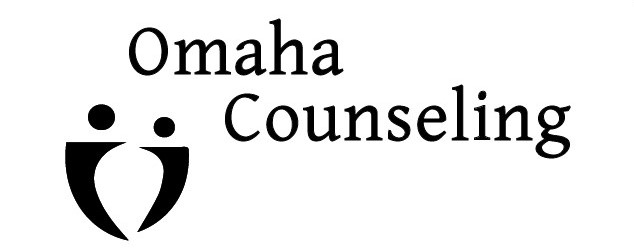It’s safe to say that romantic movies and love songs feed us this idea that “love will keep us together” or “all we need is love.” Of course these songs are quite catchy and fun, but in reality, is love all we need in a relationship? Falling in love is an emotional process. It’s often not difficult to meet someone, begin to care for them, and eventually fall in love. But it’s possible to fall in love with someone who ends up being abusive—who doesn’t share the same life goals, who brings you down, or just generally doesn’t treat you well at all. Love, and only love, might not be enough to save your relationship. Some couples choose not to break up or seek a therapist’s help because they still love each other. But think of it like this–once you love someone, you love them forever. You fall out of trust, intimacy, and respect—not love. When it comes to love, you shouldn’t have to sacrifice yourself in order to be in a relationship. Yes, it’s normal for both people to give up certain things for the other, but it shouldn’t constantly be one side doing the sacrificing. Having to sacrifice your self-respect, dignity, or goals just to be with someone makes your love problematic. A loving relationship is meant to supplement your individual identity, not replace it. Love lays the foundation for a relationship, but that’s the easier part. The hard part is learning how to communicate, appreciate, and make time for one another. In order to ready yourself for a strong relationship, it’s best to work on yourself first. An article on psych central’s website gives a nice list of skills necessary for a healthy relationship:
- The ability to communicate directly and efficiently
- An ability to be present for a loved one even when you cannot fix their pain and suffering
- Be able to reflect on your actions and see how they affect people, both positively and negatively
- Be willing to apologize
- Take responsibility for how you affect others
Are you and your partner struggling but aren’t quite sure how to go about fixing things? Seeing a therapist would probably prove to be extremely helpful for your relationship. If you are unsure of how to ask your partner about seeking a therapist’s help, or have any other questions about therapy, please visit our FAQ section. If you’re interested in talking with Reka about your marriage or relationship, please don’t hesitate to call at 402-881-8125. You can also email her at reka@omaha-counseling.com, or connect with her via Twitter or Facebook. — photo credit: RubioBuitrago via photopin cc


